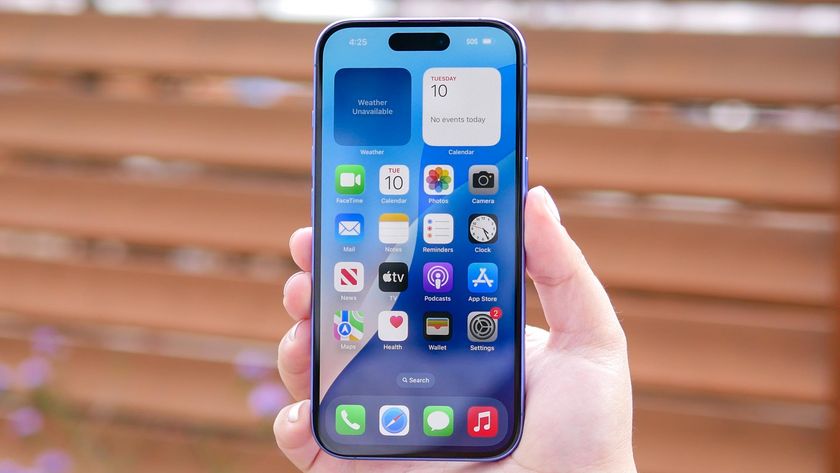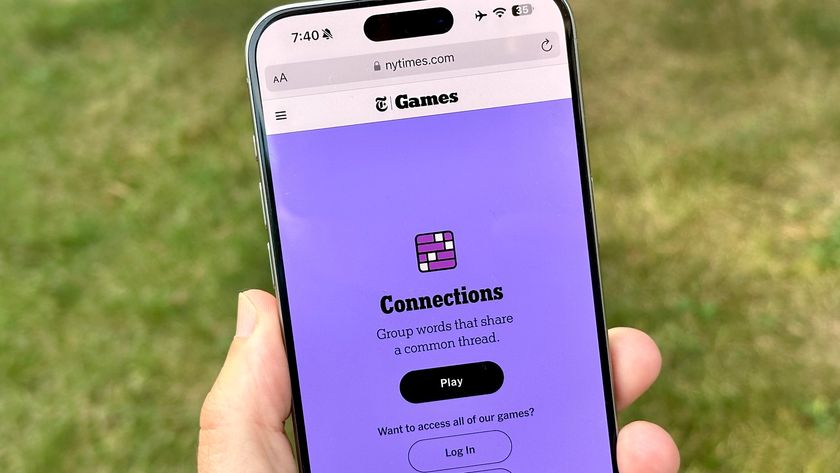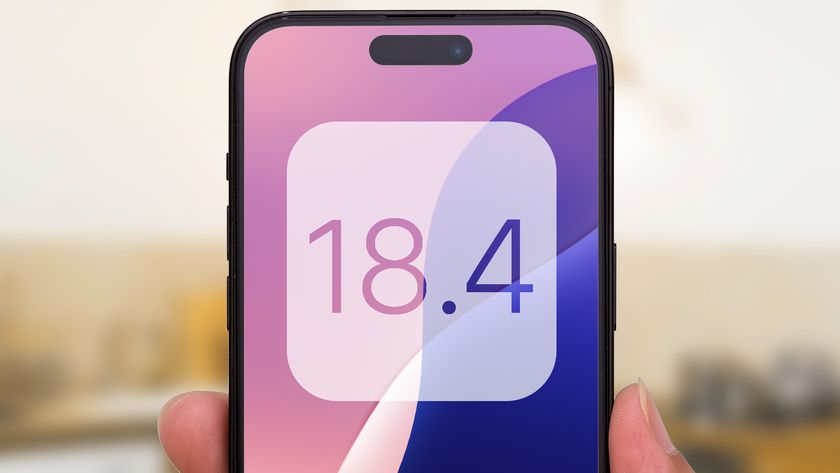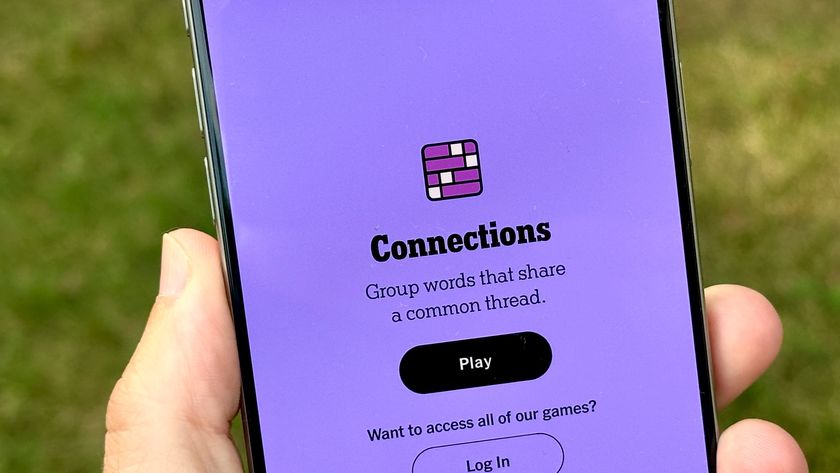Google copies Apple: You can now easily opt out of online tracking
Controversial ad tracking system FLoC gets an easy opt-out

Google’s replacement for third-party cookies, called Federated Learning of Cohorts (FLoC), has been controversial since it was first outlined. Now Google may be making it easy to opt out of FLoC.
FLoC is a new way to track users online so that they can be shown targeted ads (which Google can charge more for), but Google claims that FLoC offers better anonymity than third-party cookies and offers a good compromise between relevant ads and absolute online privacy.
- Check out our guide to the best Chromebooks
- On a budget, these are the best laptops under $500 you can buy right now
- Plus: Chrome killer? Microsoft says Edge is 'best performing browser' on Windows 10
According to Android Police, Google is making changes to Chrome Canary, the most experimental version of its browser, to allow users to easily disable FLoC using a toggle switch.
However, finding that toggle switch is not particularly obvious, and Canary is not a version of Chrome most home users would have any interest in using.
Because Canary is meant to find bugs and flaws in new features, it lacks the stability of regular Chrome builds. New changes are pushed out every day and are sometimes in an unfinished state.
But if Google is testing an option for users to quickly turn off participation in FLoC, the option could be part of stable Chrome builds in a few months' time.
FLoC is designed to use your browser to determine the things you’re interested in. It then assigns you to a group that contains thousands of other people who have similar interests.
Sign up to get the BEST of Tom's Guide direct to your inbox.
Get instant access to breaking news, the hottest reviews, great deals and helpful tips.
That allows advertisers to target, for example, “cat owners who live in San Francisco and drive a Tesla and are vegan.” But advertisers won’t be given that information about you specifically. It will be up to ad makers to work out how to use cohorts to target anonymous people in a larger group, and Google will always be the intermediary between the ad companies and you.
The big problem with FLoC is that it might make perfect sense to those brainboxes over at Google’s campus, but for regular people, reading about FLoC and how it works on Google's site is an absolute nightmare of complicated wording and soothing PR fluff.
Because of that, you may well simply accept FLoC and feel happy that Google is looking out for you. But it’s also worth noting that Google makes a lot of its money from selling ad space to marketers who want to target you. Google has a very clear vested interest here, and it’s developing the tools that will be used to sell you things in the coming years.
How to turn off FLoC in Chrome Canary
Google has already said that it won't enable FLoC for people who manually opt out of third-party tracking. This new feature lets you turn off FLoC with a simple switch.
If you’re one of the few people using Chrome Canary, you can disable FLoC by copying and pasting this into the address bar: "chrome://flags/#privacy-sandbox-settings-2". Then select “enabled” from the page that’s displayed.
Restart Canary, then head to “Privacy and Security” in the browser settings and you’ll see a new option called Privacy Sandbox. Click on the link button next to that, and a new tab will open displaying a toggle switch to turn FLoC on or off.
FLoC itself is currently still in trial tests, and only a small number of people are actually enrolled in the program. If you’re using the standard Chrome browser you can visit amifloced.org to see if your browser is generating cohort data for you.
Again, you can already opt out of FLoC by disabling third-party cookies. Go to the menu icon on the upper right corner of the Chrome window, scroll down and and click Settings, and click Privacy and Security on the left-hand navbar. Select "Cookies and other site data," then select the "Block third-party cookies" radio button.
Your FLoC cohort is derived weekly from the websites you visit in a seven-day period. You are then placed into one of 33,000 groups (so far) that advertisers can then target with ads of interest to that particular group.
Currently, Chrome is the only browser that uses FLoC. Safari, Firefox and Brave are not part of this experimental tracking system — they're going to continue to use third-party cookies for the time being.
It’s good to see Google at least enabling this experimental option to easily turn off FLoC in Chrome Canary because it could mean the company is bringing the feature to mainstream Chrome eventually. (It would have to pass through the Chrome Dev and Beta channels before reaching the Stable channel.) As always, it’s crucial that users get some say in how their online data is used.
Ian has been involved in technology journalism since 2007, originally writing about AV hardware back when LCDs and plasma TVs were just gaining popularity. Nearly 15 years on, he remains as excited as ever about how tech can make your life better. Ian is the editor of T3.com but has also regularly contributed to Tom's Guide.











